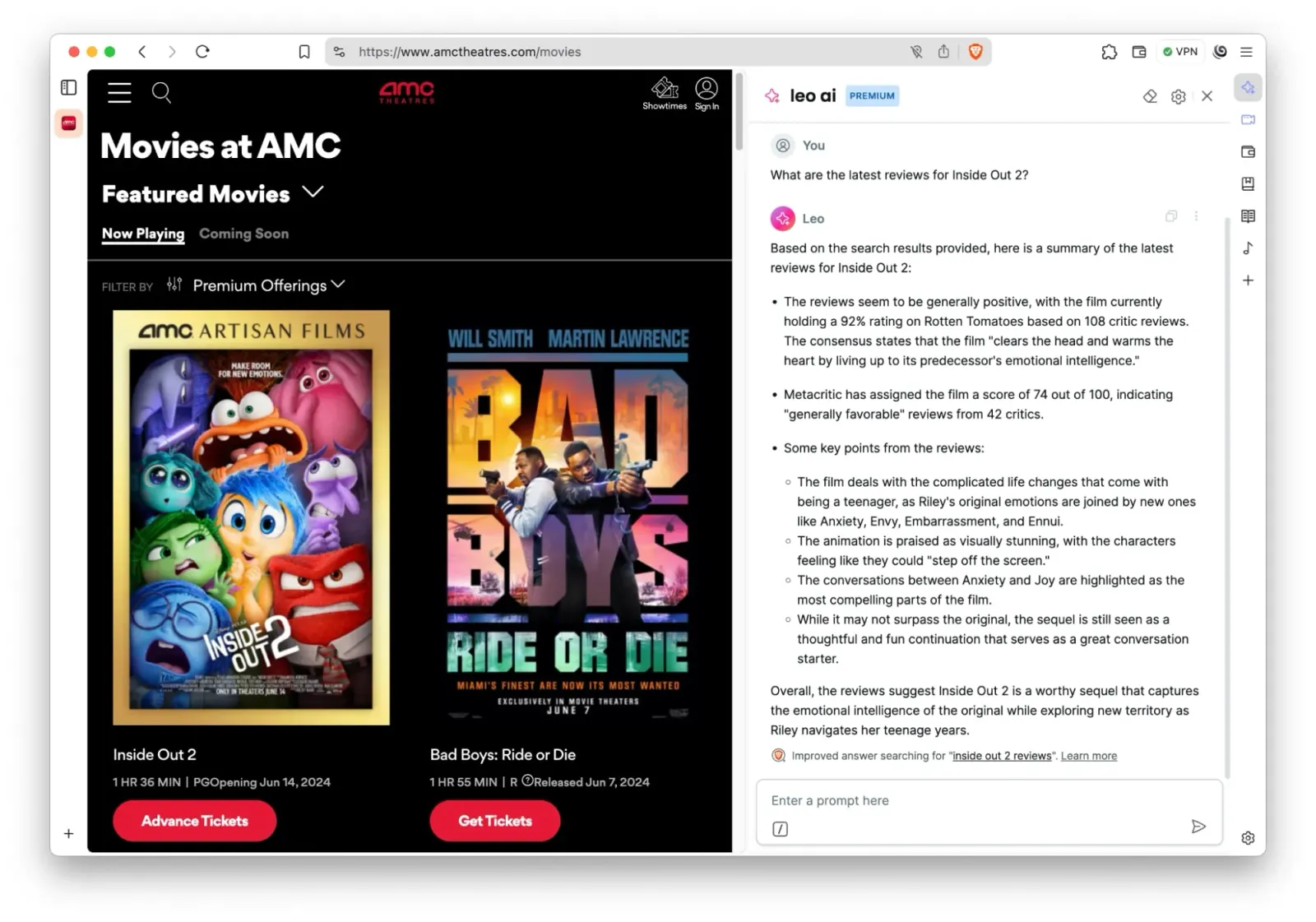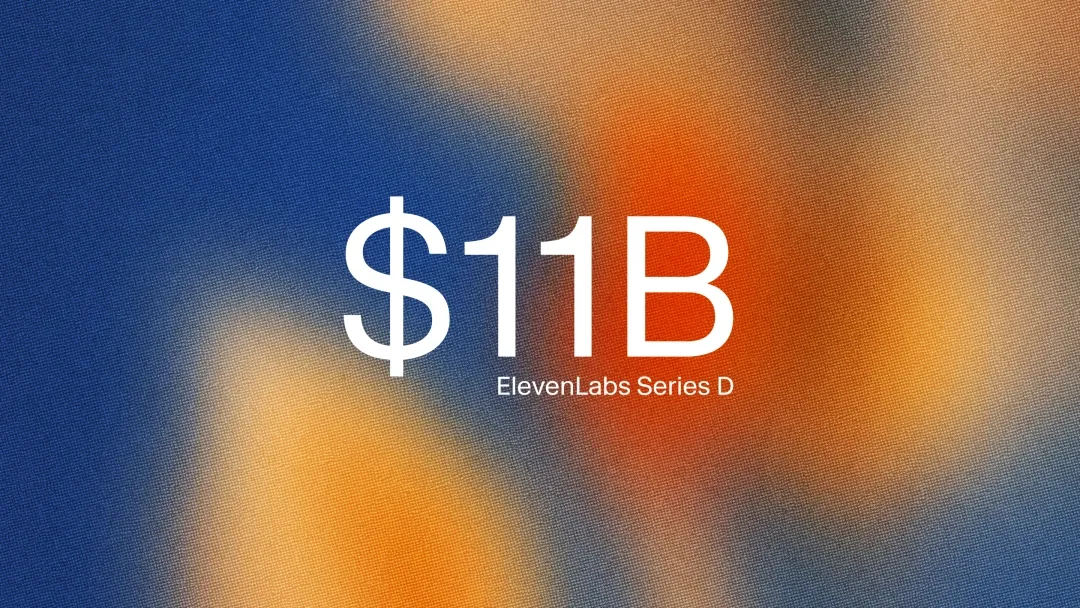Brave Software has rolled out a significant update to Leo, its in-browser AI-powered assistant. The new update lets Leo improve its responses to queries using real-time results from Brave Search. Giving Leo the capability to supplement its responses with up-to-date information from credible sources is especially useful in areas relating to current events and topics for which Leo may have outdated information or insufficient context. Leo clearly labels enhanced responses and provides links to the search results it used to encourage users to fact-check, explore further and think critically about the displayed information. An upcoming update will enable Leo to link directly to the source it used to obtain additional information.
Leo with the Brave Search integration is available to users in the 1.67 browser update, and will be available to mobile users soon. The updated assistant features every security and privacy preserving feature Brave has come to be known for, including reverse proxied requests, non-persistent conversations, access without account (for the free version), unlinkable subscription, and Brave's commitment not to train its models con customers' conversations. Moreover, Brave is making its Brave Search API available so developers can connect their AI applications to Brave’s privacy-preserving Web index.







Comments